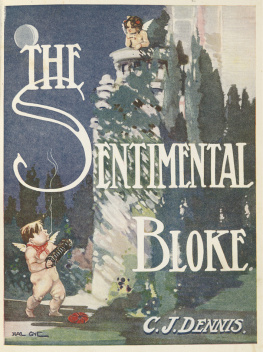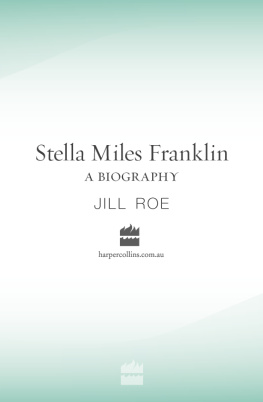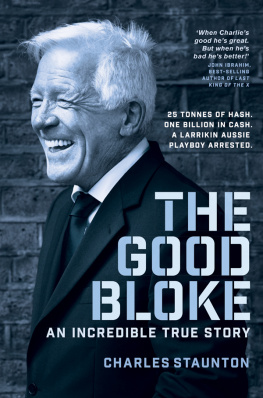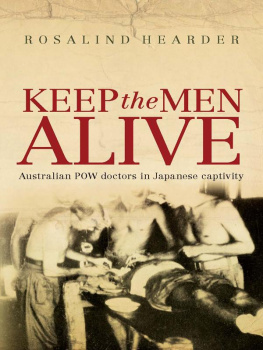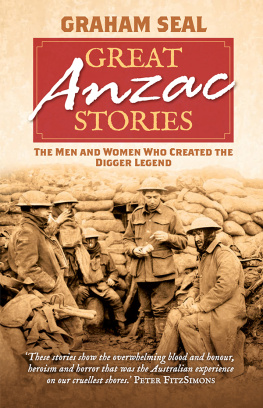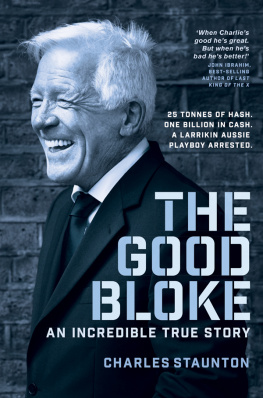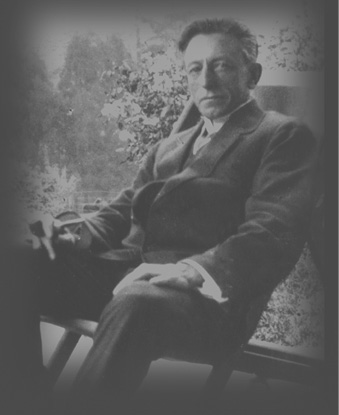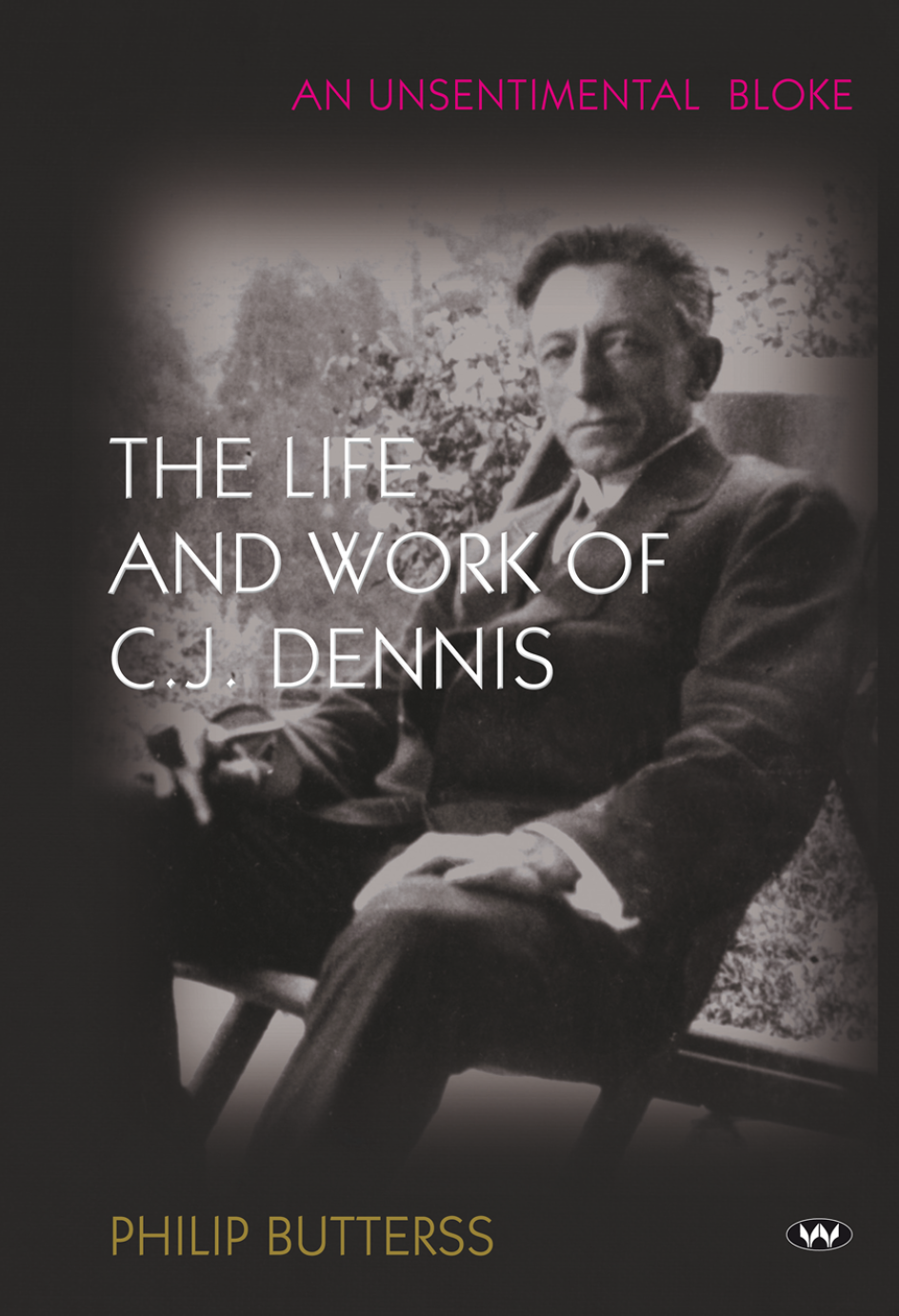
Wakefield Press

Philip Butterss grew up in Melbourne, studied at the University of Sydney, where he completed a PhD on Australian ballads, and now teaches Australian literature and film at the University of Adelaide. He has published widely on Australian cultural history and is currently working on a history of literary Adelaide.
Wakefield Press
1 The Parade West
Kent Town
South Australia 5067
www.wakefieldpress.com.au
First published 2014
This edition published 2014
Copyright Philip Butterss 2014
All rights reserved. This book is copyright. Apart from any fair dealing for the purposes of private study, research, criticism or review, as permitted under the Copyright Act, no part may be reproduced without written permission. Enquiries should be addressed to the publisher.
Edited by Julia Beaven, Wakefield Press
Cover designed by Stacey Zass, page 12
National Library of Australia Cataloguing-in-Publication entry
Author: Butterss, Philip, 1958 , author.
Title: An unsentimental bloke: the life and work of C.J. Dennis / Philip Butterss.
ISBN: 978 1 74305 289 1 (ebook: epub).
Notes: Includes bibliographical references.
Subjects:
Dennis, C.J. (Clarence James), 18761938.
Poets, Australian20th centuryBiography.
Dewey Number: A821.2


Publication of this book was assisted by the Commonwealth Government through the Australia Council, its arts funding and advisory body.
Contents
1
Where a youth dreamed dreams
18761898
Early Days
C.J. Dennis, aged twenty or so, scratched his name into a blackened glass window of his fathers hotel in Laura in the Mid North of South Australia. He had drifted through several jobs since leaving school and was often at loggerheads with the parent whose property he had defaced. This rough graffiti was the gesture of an aimless youth, one who wanted to leave his mark in the world but had no idea how. A year or so later, he signed a few poems with his initials and sent them off to a metropolitan newspaper, beginning a remarkable literary career that was to include years of struggle, spectacular successes, and periods when he again lost his way. Denniss humorous depictions of larrikins and Anzacs would make him a literary celebrity, eclipsing Banjo Paterson and Henry Lawson, and his writing would have a deep and long-lasting impact on how Australians see themselves. Though there were to be hatersmost notably Norman Lindsay, who was enraged and disgusted by Denniss successhe inspired great affection from the public and from friends and colleagues. Many have imagined him as a sentimental bloke, an easygoing fellow with a nave and slightly romantic view of the world, something like his most famous character. Though there is some truth in this public image, it is far from adequate.
Clarence Michael James Dennis, or Clarrie, as he was known through his boyhood, was born on 7 September 1876 in Auburn, at the southern end of the green and picturesque Clare Valley in rural South Australia. His father, James, was the licensee of the District Hotel and it was in this building that the birth took place. One year later, James Dennis moved his family to the Watervale Hotel, a little further along the valley towards Clare. In the middle of 1879 the family moved again when he bought the licence of the Gladstone Hotel, in a drier region north-west of Clare. C.J. Dennis had been born in a pub and was now living in his third before he had turned three. Not all the features of his childhood were to be significant in his adult life, but the pub was an institution with which he would have a long association.
It was a strongly IrishCatholic network of family and friends into which Dennis was born. A Jesuit from the nearby monastery at Sevenhill baptised him. His Irish nursemaid, Kitty, introduced him to tales of leprechauns and banshees, and such figures from Celtic folklore were part of his imaginative games as a child. James Dennis had been born in Cork, Ireland, in 1836. On 24 November 1875 he married Katherine (Kate) Tobin, many years his junior; she was from Killaloe in County Clare, and had come to South Australia with her family when young. Clarence was their first child.
James Dennis was of a different temperament to his son and it was not surprising that there was subsequently friction. He came from a family of some financial standing and claimed that his father, Captain John Dennis, had a large interest in the merchant navy. After being educated at a private school in Ireland, James followed in his fathers footsteps, sailing for ten years in the merchant navy, mainly in the Baltic, and reaching the position of master mariner. He then joined the British Navy and served on the troop ship Himalaya in the Crimean war. It was an active and physically demanding career and one which his sensitive son, troubled by asthma throughout his life and often sick as a child, would never be able to emulate.
Evidently, James Dennis had to start afresh in the southern hemisphere and, again, quickly showed himself capable of arduous physical work. He arrived in South Australia in 1858 and began working in the copper mines at Burra, a dry and dusty town, 150 kilometres north of Adelaide. After trying his luck briefly at the Snowy River goldfields at Kiandra in New South Wales, he returned to Burra, where he married his first wife, Mary Cronin, in 1863. At this point he was earning a living as a labourer but he soon took over the licence of the Court House Hotel in Burra. The next forty-five years of his life were to be spent as a publican. In 1865, James and Mary Dennis moved south-west to the District Hotel in Auburn, where she died in 1874. A little over a year afterwards, James married Kate Tobin. Through hard work, he had re-established himself and he would be remembered as an astute, tough-minded man, who, according to one resident of Laura, kept his pub as strict as some people keep a Church. If it was true that he could be an overindulgent father, as his son later asserted, his parenting must have been erratic, for Dennis also described him as tough, and there is more evidence for this second epithet.
The young boys relationship with his mother was cut short by her death from breast cancer in 1890 at the age of thirty-nine, when he was only thirteen. By then, Dennis had left his home in Gladstone to attend school in Adelaide but whether there had earlier been a close bond between them is not certain. Kate Dennis does not figure largely in her sons recollections and he remembers Kitty, the maid, having sole responsibility for him as a young boy at Gladstone. For at least one period, he was looked after by his mothers family in Mintaro near Auburn. The young Dennis got on well with his brother, Bertie (Francis Albert), who was born in 1880 in Gladstone. He can hardly have known his youngest brother, Claude, born in 1886 and ten years his junior. Claude was only three when Dennis left for Adelaide. His auntsMary Ann, Sarah, Margaret, and Winifredwere close to him throughout his childhood and, after Kates death, took on even more of a parenting role.
Next page
